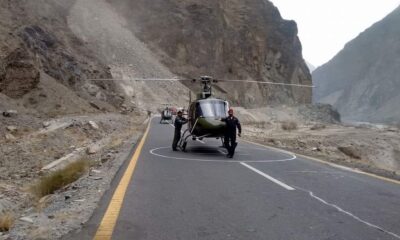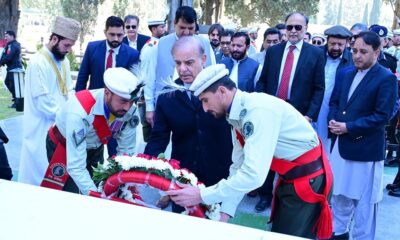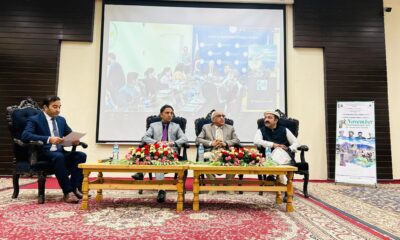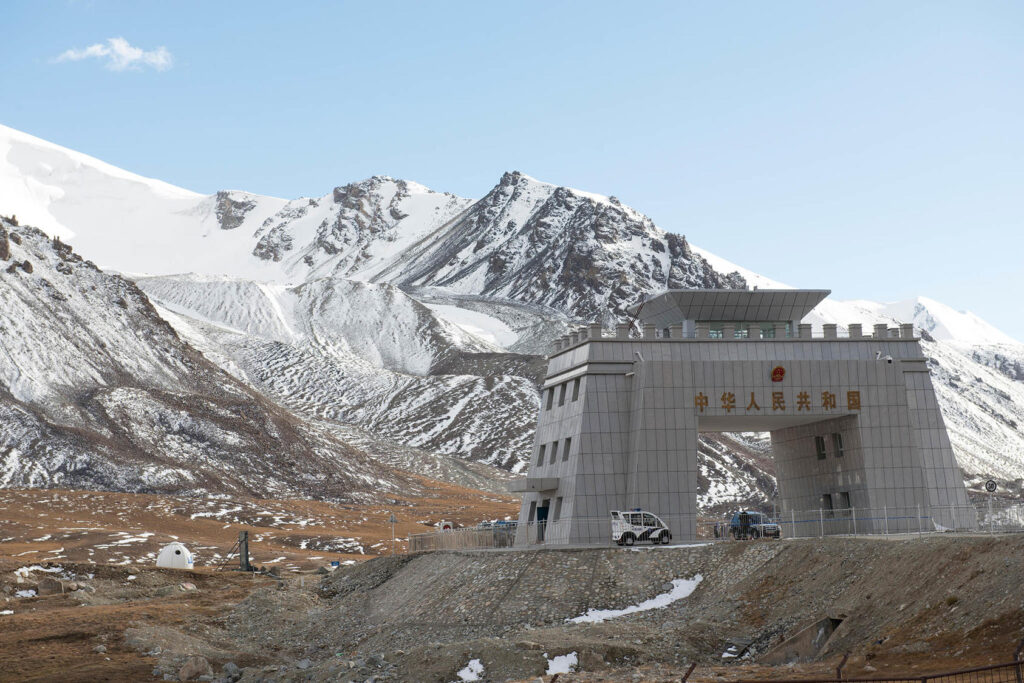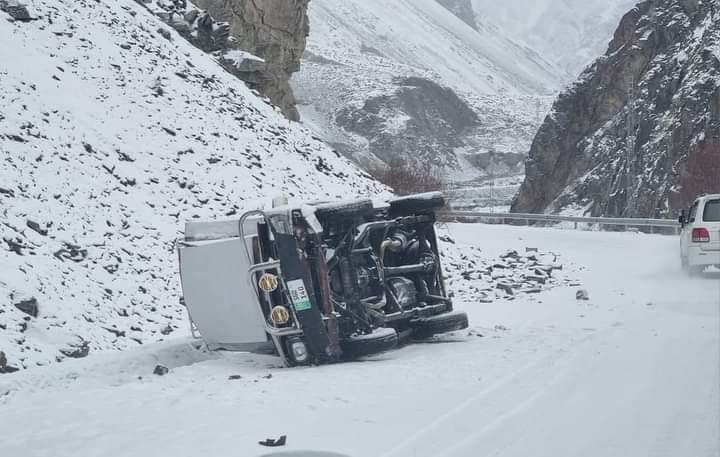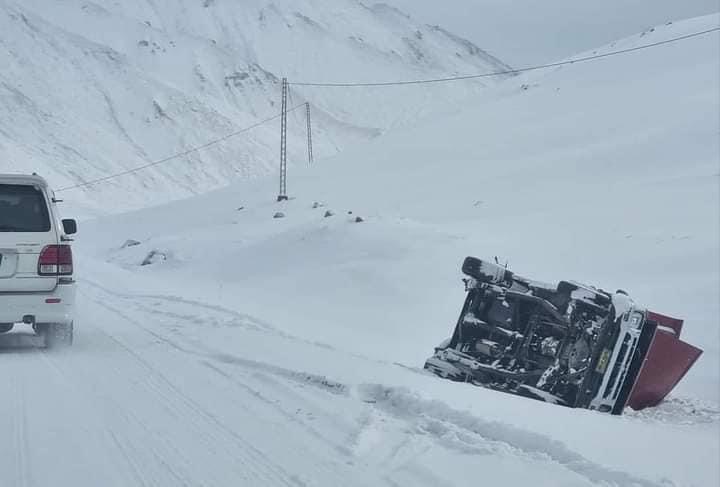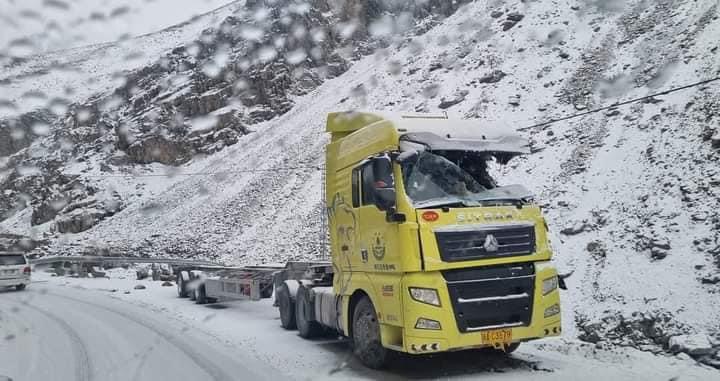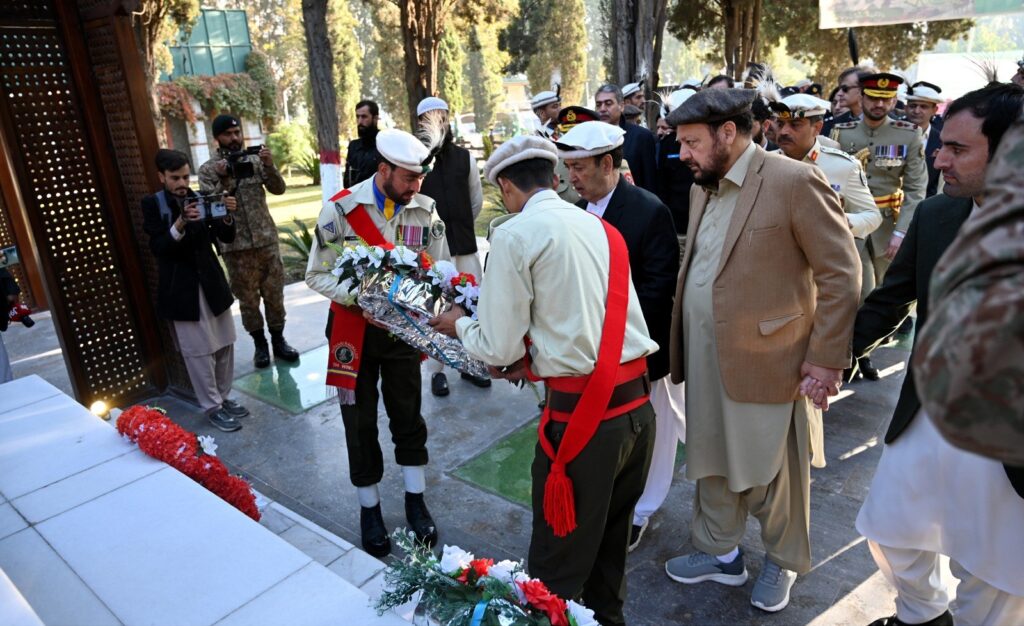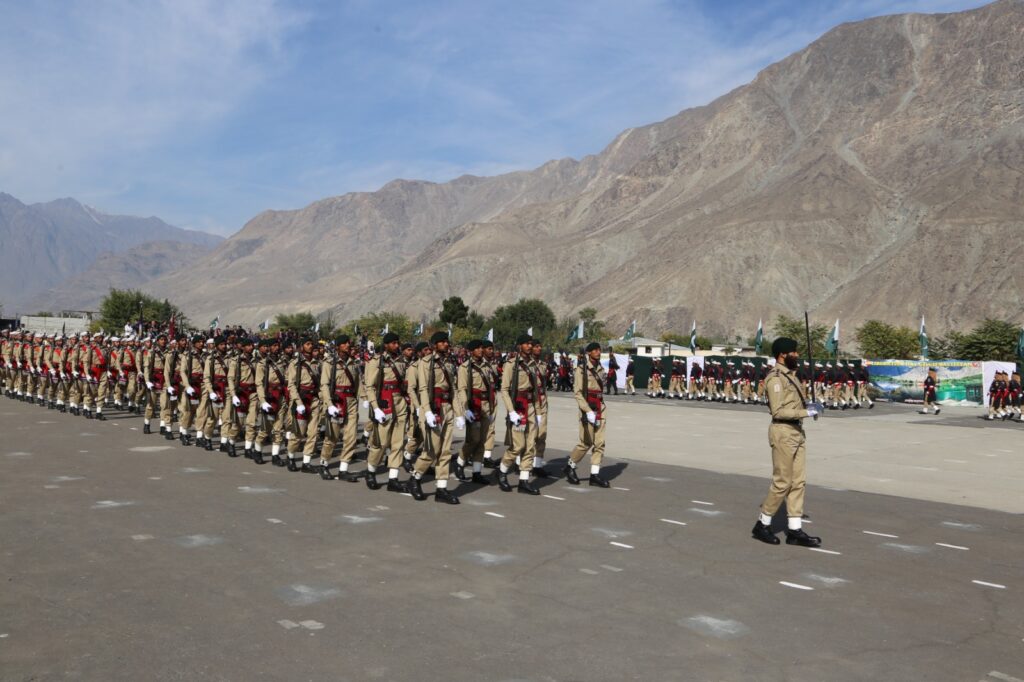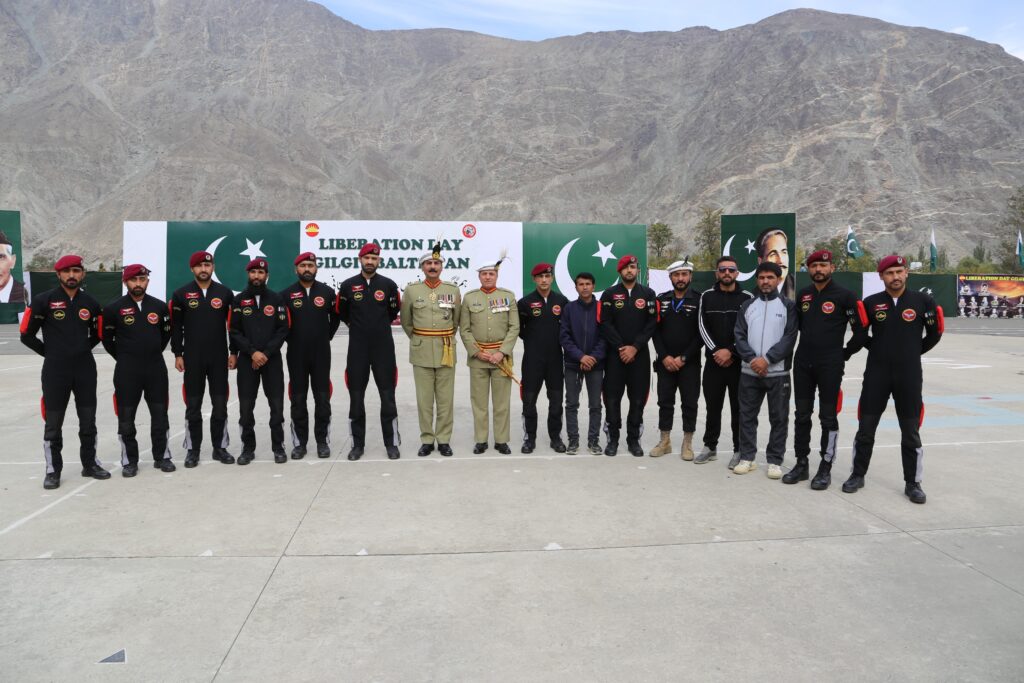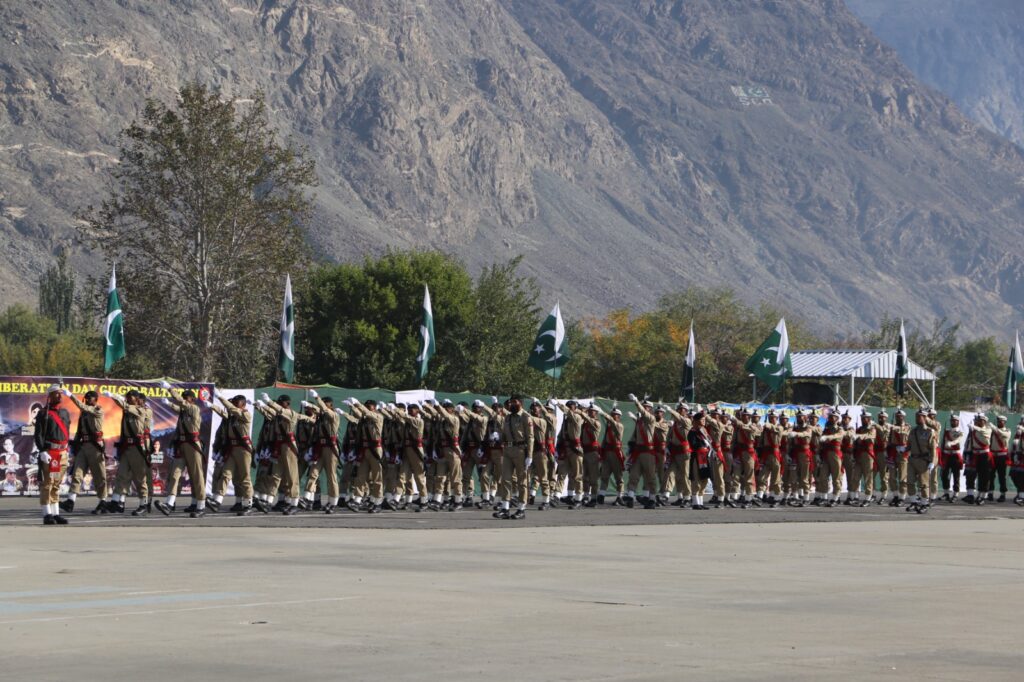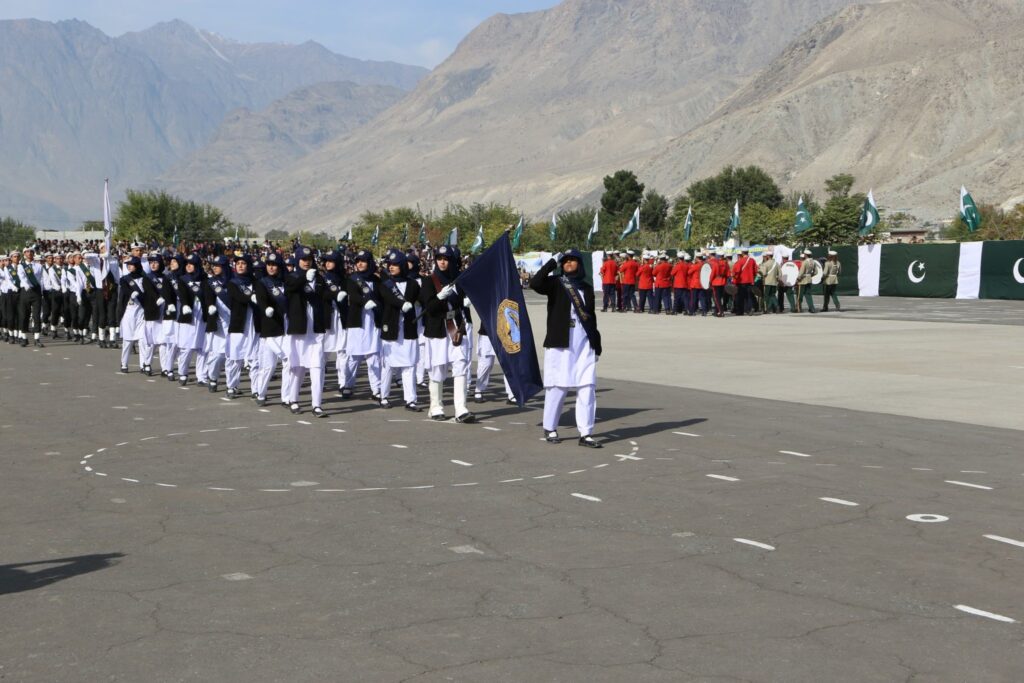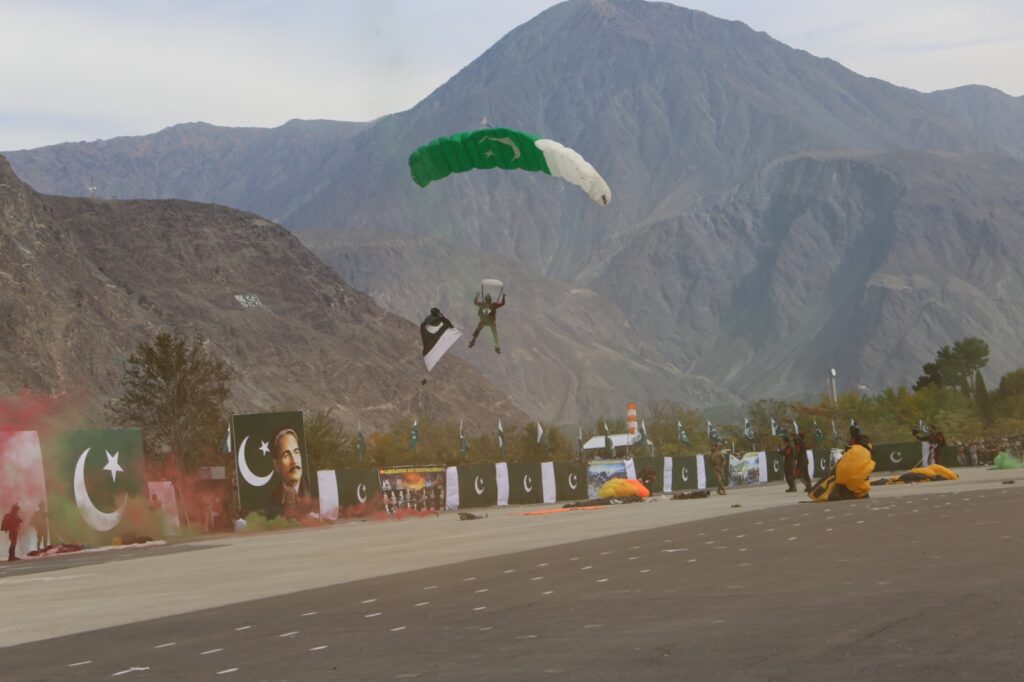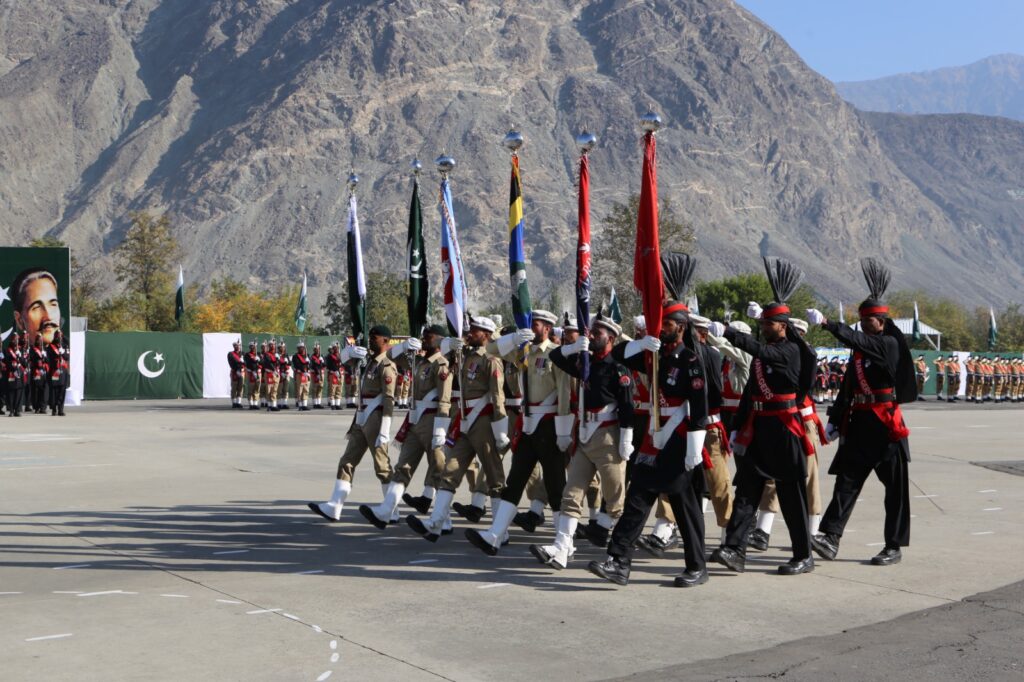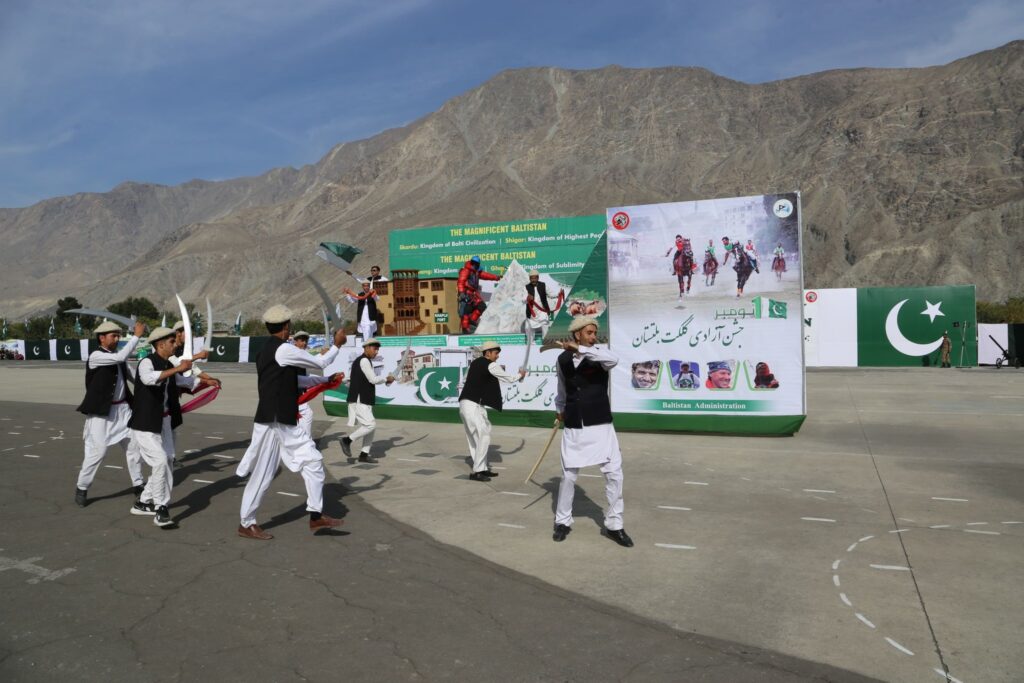It was indeed a blissful day when Farhan, one of my friends from Lahore, a programme producer at PTV, rang me up to inform me that he, with a company of twenty, was going to grace my place within a week or so. And they all landed within a week. They first planned to travel by air. All the way from Lahore, they all flew to Islamabad, and from there they had to fly to Gilgit. Yes, Gilgit! This is the point where my introduction must pop up. I am Basraa, Ahmer Sohail Basraa, Programme Manager at Radio Pakistan Gilgit. Originally, I hail from Lahore. And the Farhan I am speaking of is the person upon whose beguiling and enticing I decided to get myself transferred from PBC Lahore to PBC Gilgit.
Aah! I still remember that sweating and sweltering August of 2016 when I was in Lahore, in my office, and was upbraiding suffocating close of the weather. The temperature had gone up to touch 50 Celsius, sufficient enough to let each and every one of the pores of humans’ body broil. Though the fan upon my head was rotating fast about its axis, the air produced by it was only adding more heat to the environment of the room. And while I started cursing the weather, Farhan, quite naively, suggested me to get transferred to Gilgit. Gilgit, a place about which I had only read in the books. A place where I have never intended moving to. A place, about which I had heard quite scary things from Farhan, who had been there for a couple of years. It was when he was programme producer at Radio Pakistan, before leaving radio for PTV for good. He left, hence I had to leave too. Nonetheless, before joining PTV, Farhan was in Radio and had spent couple of years in Gilgit. Those days, I was appointed in PBC Islamabad. Farhan was from Lahore, and so was I. From Lahore, there was no direct flight to Gilgit (the facility of direct flight has, however, been extended to Lahore airport very recently). Also, there was no Gilgit-bound bus service from Lahore. Quite understandably, it became my duty being in Islamabad, and being Farhan’s friend, to book a PIA or NATCO seat for his travel to Gilgit (NATCO is a public-sector bus service running between Gilgit and Islamabad). It was also my duty to get the tickets cancelled owing to the weather often gone hostile enough to suspend the road or aerial traffic. Therefore, I was the closest witness of the trials and tribulations Farhan had to pass through to reach Gilgit. That’s why, then and there, I dismissed the idea of my getting transferred to Gilgit. Farhan, being a never-to-surrender stubborn, without giving up, kept pressing me with every possible logic, the principal one being the unbearable heat of Lahore. “You will be having an opportunity to get back to Lahore if you could not to adjust there,” he finally said after having spent all the arguments to convince me on getting transferred to Gilgit.
At last, I was convinced. I lost. And when I landed in Gilgit, I was lost in the real sense. I was stunned by the beauty that Gilgit has: winding enigmatic roads, chocolaty mammoth mountains, clouds with crystal clear blue background, perspicuous starry nights, lush green meadows and pastures, singing springs, melancholic autumns, jade-green lakes, humming brooks, roaring waterfalls, magnificent glaciers, ice-clad cliffs, pearl-like cherries, aromatic and juicy figs, peaches, apples, pears, almonds, walnuts, and what not. And to crown it all, it’s pure-hearted people who touch the hearts of those who come here: soft-spoken, civilized, erudite, hospitable, cultured, loving, caring, and beautiful. It all was so captivating that a nature-lover, like myself, just got mesmerized and spellbound. The spell was so strong that I could not keep an eye on the calendar. Initially, I planned to stay here for two years, but now it has been four years. Seems as if I was born here. Seems as if it has been centuries since I have been breathing in this soothing and intoxicating atmosphere. Seems as if I will never be able to think of going anywhere else, let alone actually going.

All here is nature, or very close to nature, organic, pure, sacred and sanctimonious. The things have, however, started changing lately. The advent of technology in this millennia-old mountainous civilization has left strong traces of commercialism to its indigenous untainted culture. The knock of modernism has made people think of transforming their visible culture. Local dresses are giving way to Western outfits. The traditional way of building houses with naturally available materials like wood and stones is being replaced with concrete, cement, and iron. An unending commercial race has influenced the affluent people to erect multi-storey plazas and hotels for meeting the growing needs of local population and tourists. The making of these vertical mounds of concrete might be indispensable, but they are meddling with the natural outlook of the area. Mountains and forests are cut and removed to build shopping centers. Lakes and rivers are encroached to build hotels. These vertical as well as horizontal heaps of concrete are limiting the vintage points of the sightseeing. The newly-built hotels encircling and encroaching the enchanting Attabad Lake well serve as one of the specimens of the issue. Yet another example is of the view of Rakaposhi peak from Radio Pakistan. Just few years back it could be sighted from the lawn of Radio Pakistan, Jutial. But now, it cannot be seen owing to the construction of the plazas across the road. Besides, the wastes of these hotels are mostly drained to the adjacent natural waters causing their beauty and purity to be polluted.
Such changes, as has been put earlier, might be the need of the hour to cater for an ever-increasing number of tourists every year, and to come up to the commercial wants of the local population. But these inevitable changes can well be, and must be managed and planned to protect the natural beauty of the land as it is the only source of stimulation and magnetism for tourists from all over the world. The concerned authorities are called upon to take notice and devise and design a roadmap for such constructions or the rapidly creeping vines of these structures will soon imbibe one of the most natural and beautiful landscapes of the world.

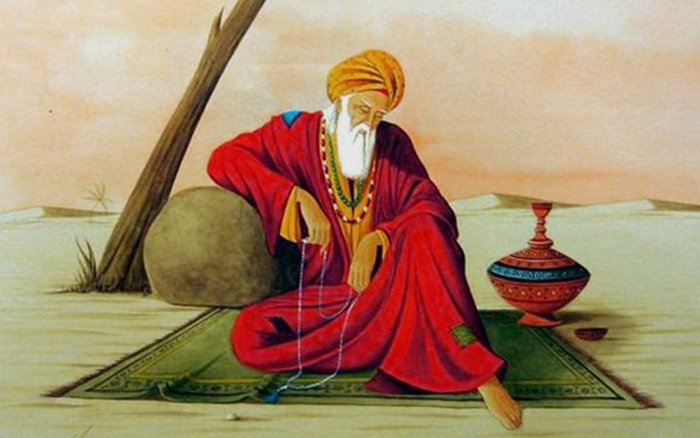



 Arts, Culture & Heritage2 years ago
Arts, Culture & Heritage2 years ago
 KIU Corner2 years ago
KIU Corner2 years ago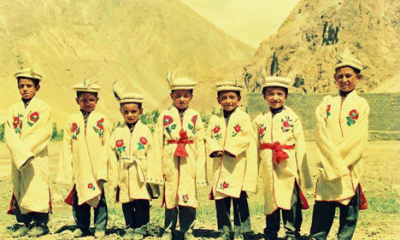
 Arts, Culture & Heritage2 years ago
Arts, Culture & Heritage2 years ago
 KIU Corner2 years ago
KIU Corner2 years ago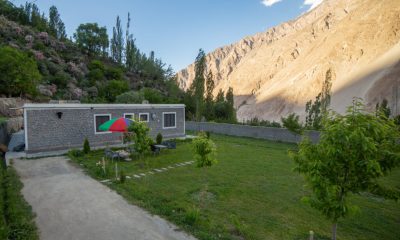
 Arts, Culture & Heritage2 years ago
Arts, Culture & Heritage2 years ago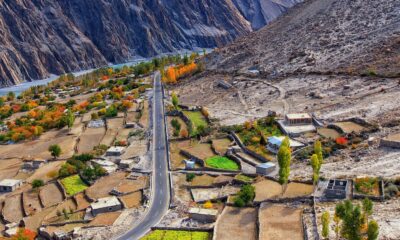
 Tourism2 years ago
Tourism2 years ago
 Opinion3 years ago
Opinion3 years ago
 Current Affairs2 years ago
Current Affairs2 years ago





